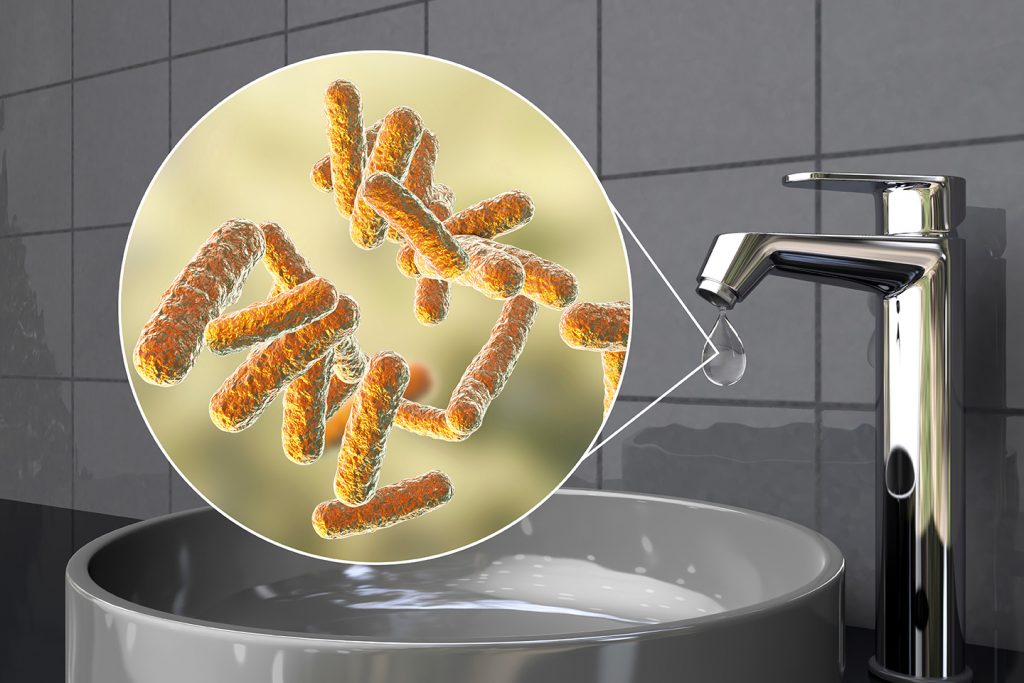The role of the World Health Organisation has been heavily underlined by the Covid-19 crisis, and WHO guidelines on protection against Legionella are now under the spotlight in the Gulf region.
As more and more hotels, offices and malls reopen with the relaxing of restrictions, and apartments also left unoccupied for months take in new tenants, Culligan Middle East has concerns regarding the level of business and domestic water hygiene safeguards.
We see a serious risk of health issues in the region through the switching on of water systems without proper testing and a Culligan safety plan put in place in line with WHO recommendations on Legionella.

Cost cutting is at the heart of the problem, as businesses hit hard by the effects of the coronavirus emergency look to reduce spending.
But those who fail to take the necessary precautions against the threat of Legionella when reinstating water systems, without first consulting Culligan, are in danger of creating a health hazard.
WHO guidelines on Legionella prevention show the preparation of water safety plans as being best practice. But water safety plans in this region are scarce, save for those put in place by organisations with management systems imposed from the US or Europe, typically hotels.
Culligan carries out site surveys and proceeds through to risk assessment and action plans as part of water safety plans before undertaking the necessary sampling, analysis and reporting.

What stands out in this region is that, in many cases, official guidelines generally don’t go beyond testing, recording and reporting.
There is little emphasis on best practice in terms of site survey, risk assessment, action plan to determine what needs to be done, by whom, in order to resolve any Legionella problems that exist at the time of the site survey, and which may arise thereafter.
While existing guidelines in this region are fine within themselves, they need to be extended to include and prioritise system surveys, water safety plans and management plans, rather than focusing only on testing and reacting to failed results.
Hospitals generally have their water systems well under control. The kind of hospitals we deal with, like Cleveland Clinic and American Hospital in the UAE, have their own management systems. They go well beyond the requirements of the municipality standards.
Hotels tend to follow the guidelines, not best practice, so they do the testing, flushing and cleaning. But generally it’s only the big five-star hotel groups which have management systems in place because they’re imposed from head office.
Office buildings will often be managed by a Facilities Management companies. The larger FM companies have their own management systems in place, but the many smaller FM companies will do the minimum required in order to meet municipality guidelines.

Without doubt, cost cutting is bringing a reduction in Legionella testing. Businesses, and residential landlords, should at least opt for quick Culligan on-site checks for legionella before putting a water system back online. But this is not happening.
Full laboratory Legionella checks, meanwhile, take a week for incubation. So anyone opening a building will not know whether their water is safe until seven days after a water sample has been taken.
If you’re switching on water systems that have been off for any length of time, contact Culligan first to make sure you steer clear of any health hazards.